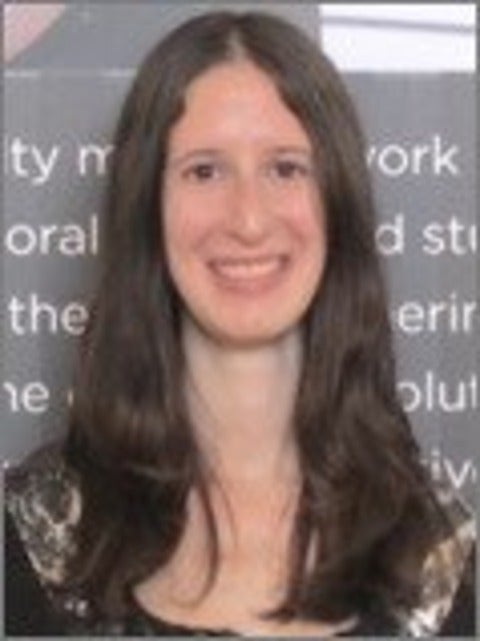FemPhys mentoring night
FemPhys' annual mentoring night is back! And this time we are co-hosting it with the Perimeter Institute.
Come meet and mingle with tons of STEM mentors from all over the world. Free food will be provided by Perimeter's amazing Black Hole Bistro.
